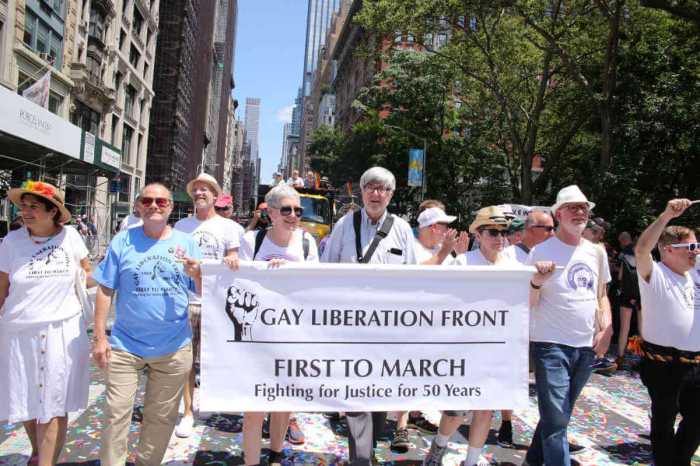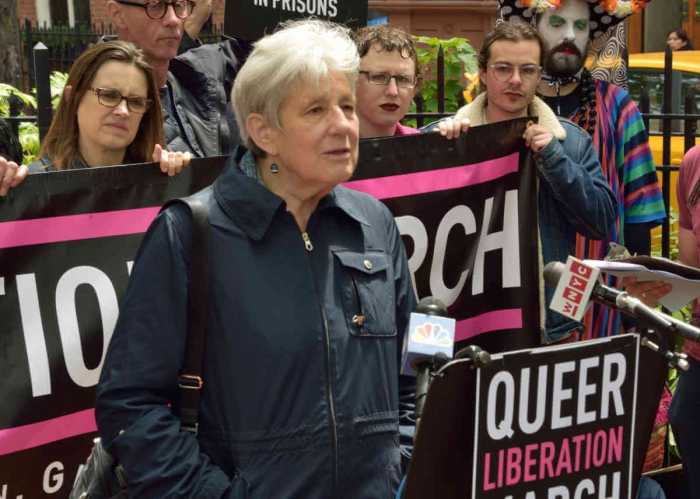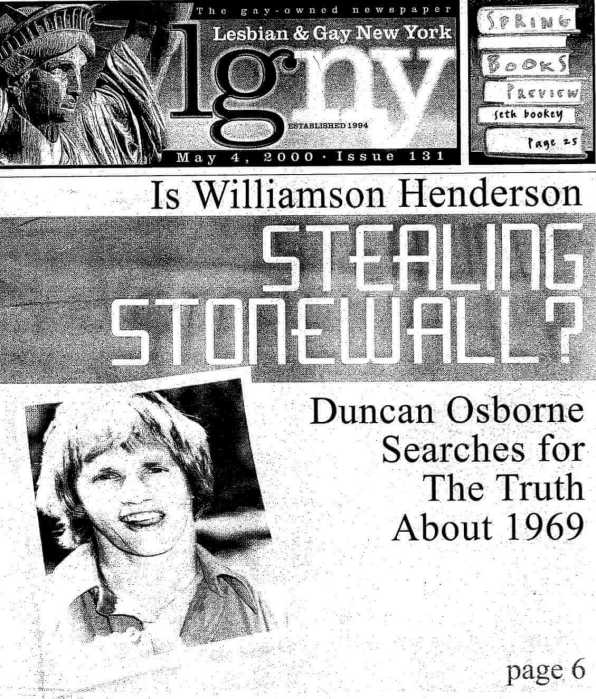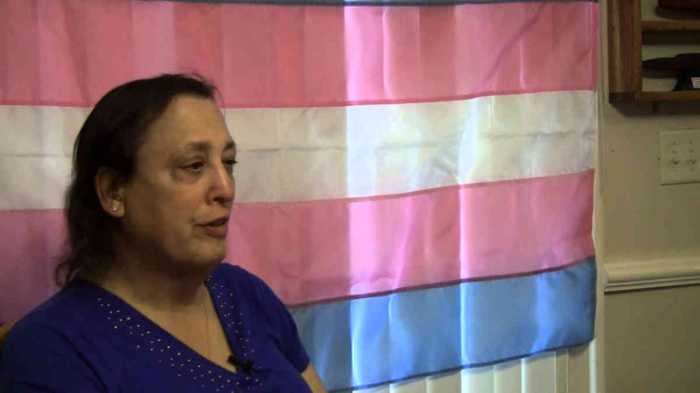Author and CUNY history professor emeritus Martin Duberman. | ALAN BARNETT
Historian Martin Duberman asks a provocative question in his soon to be released book, “Has the Gay Movement Failed?”
To use the construct that Duberman employs in exploring this question, which is that broadly speaking the movement is divided between radicals, as represented by the early 1970s Gay Liberation Front (GLF) and some smaller groups that exist today, and mainstream organizations, as represented by the Human Rights Campaign (HRC), the answer depends entirely on which movement you are talking about. And by any objective measure, it is the radical movement that failed.
Duberman, a distinguished professor of history emeritus at City University of New York, is the author of 30 fiction and non-fiction books and plays. He has chronicled the lives of important figures on the left and in the LGBTQ community.
Martin Duberman asks how much more just queer activism has made society
“Has the Gay Movement Failed?” is a fascinating read. In arguing that the LGBTQ movement in 2018 should be making common cause with those organizations on the “Straight Left,” as Duberman calls them, that are working on addressing income inequality, poverty, and prison reform and opposing war, racism, and other ills, Duberman recalls that GLF made a concerted effort to align with far left groups. GLF launched in 1969 soon after the Stonewall riots that mark the start of the modern LGBTQ rights movement. So this linkage was intrinsic in our movement. Or maybe it was not.
GLF, which shut down in 1972, attempted to link up with the Black Panthers and support the Cuban revolution. These moves were controversial even within GLF. While Huey Newton, a Panther leader, had published a letter in which he wrote, “We must relate to the homosexual movement,” the linking was unsuccessful because, as Duberman notes, “neither the Panthers nor the Castro-ites sought support from homosexuals — whom they in fact despised.”
In 2018, Duberman points to Southerners on New Ground, the Sylvia Rivera Law Project, the Audre Lorde Project, FIERCE, the LGBT Poverty Collective, Women of Color Against Violence, now known as INCITE!, and the defunct Queers for Economic Justice as inheritors of the GLF mantle. Unlike GLF, these groups have sustained their work over time though they tend to be underfunded and some can be highly insular. It’s not clear how they will be a vanguard in any sort of realignment of the LGBTQ community’s agenda.
Then the far left agenda itself is problematic. Like GLF’s still-undefined liberation agenda, the far left, including in the LGBTQ community, has always been very good at offering general critiques of social conditions and the work of mainstream groups. It has been much less successful at proposing concrete goals and describing how those goals will be achieved. Duberman offers this criticism at one point.
In a discussion about hate crimes laws, Duberman notes that some far left LGBTQ groups oppose these laws because they see them as only contributing to mass incarceration and not addressing the conditions that produce hate crimes.
He quotes one “LGBTQ radical activist” saying “putting our energy toward promoting harsher sentencing takes it away from the more difficult and more important work of changing our culture so that no one wants to kill another person because of their perceived membership in a marginalized identity group.”
Duberman writes, “We could use a few more specifics, of course, about how to ‘change our culture,’ and can perhaps be excused for wondering in what distant millennium that change is likely to occur. In the interim, I think it’s fair to question whether the evidence that hate crime laws don’t reduce hate crimes is airtight.”
I did want a more thorough analysis of the achievements of mainstream groups. Duberman opens the book by conceding that the past 50 years have produced a “remarkable change in attitude toward sexual minorities in the United States.” That didn’t happen by accident.
Months after GLF was founded, the Gay Activists Alliance was founded to pursue civil rights for the LGBTQ community. Mostly known for protests and zaps, GAA also used standard political tools to pursue goals and it spawned similar groups that recruited queer people to run for public office, lobbied office holders, and donated to and volunteered on political campaigns. The result, now some 50 years later, is that 22 states have laws that bar discrimination based on sexual orientation and 20 of those 22 also bar discrimination based on gender identity. The protections offered by these laws vary.
The policy that barred LGBTQ people from serving openly in the military was overturned in 2011, and the US Supreme Court required all states to issue marriage licenses to gay and lesbian couples in 2015.
There are other actions that contributed to these gains, such as LGBTQ people coming out, and that changed the culture. While it cannot be measured, I suggest that the cumulative effect of the battles for these legislative and legal wins and those other actions was to produce the “remarkable change in attitude” that Duberman reports.
The proponents of liberation or “changing our culture,” whatever that means to the far left, cannot point to any similar record and so the answer is yes, that movement has failed.
HAS THE GAY MOVEMENT FAILED? | By Martin Duberman | University of California Press | $27.95 | 272 pages | Jun. 8 publication




































